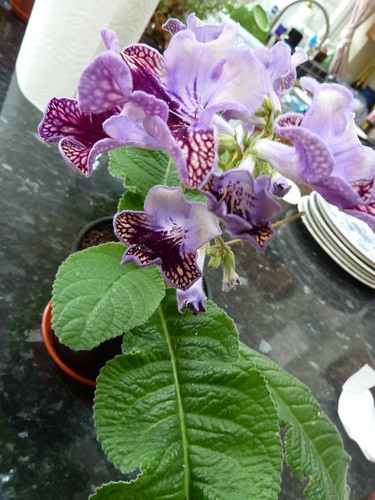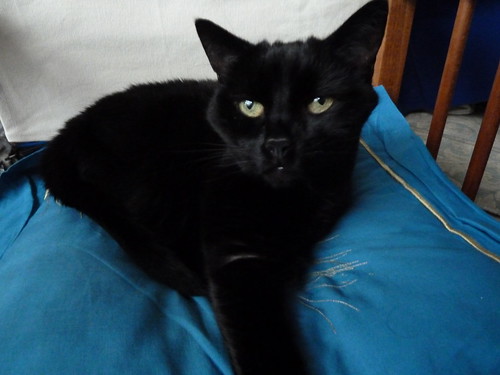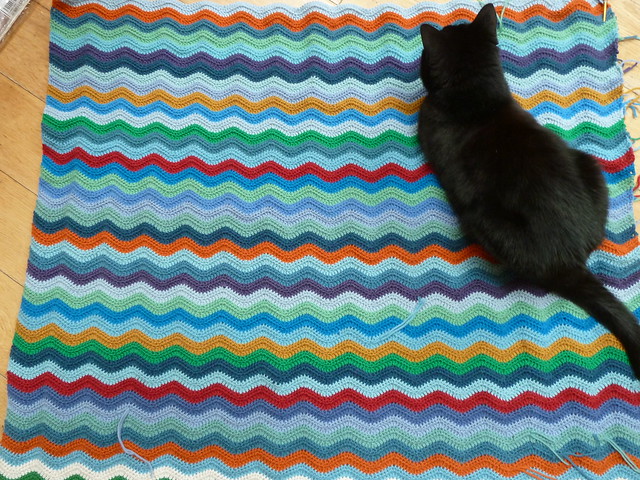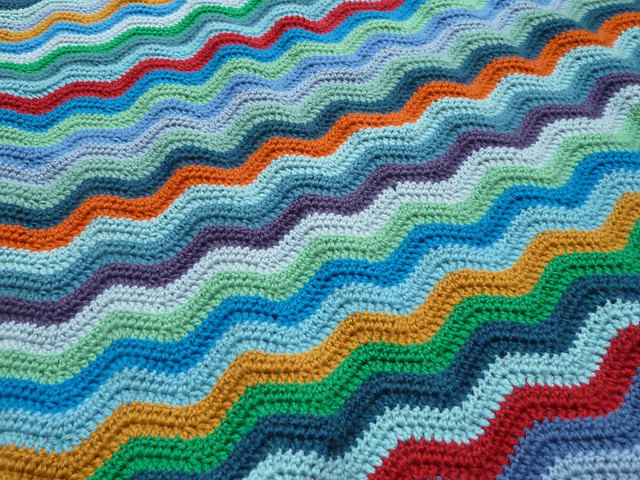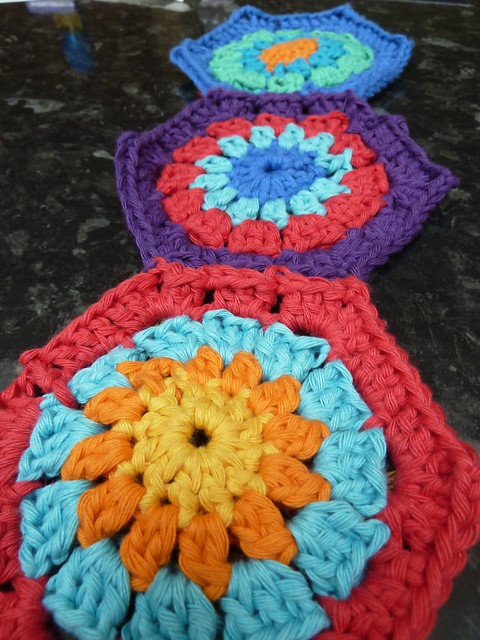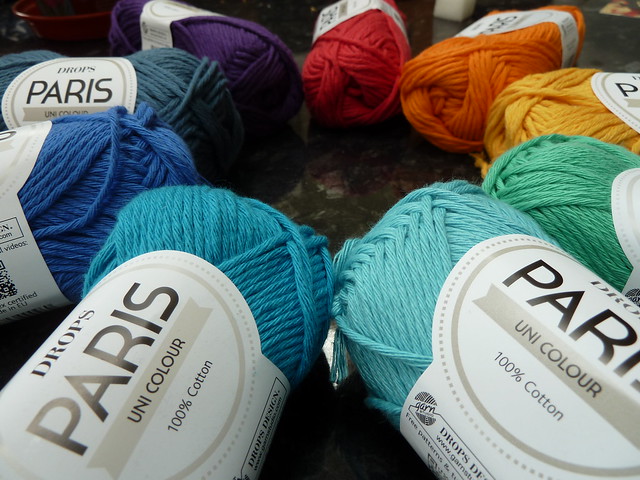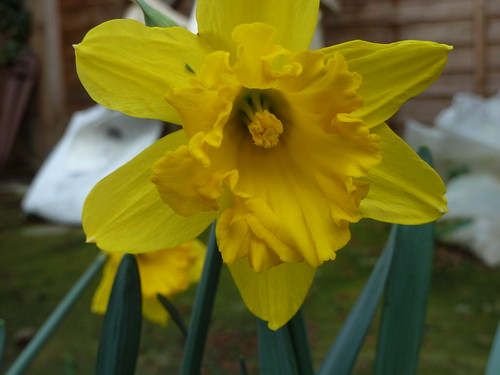
In the bed outside the kitchen window I have begun to put plants that offer some winter colour, cyclamen, dogwood and hellebore, again to have something to look out at in winter. The dogwood came from Buckingham nurseries, who sell good quality plants at superb prices, and it has settled right in, working away putting out fresh shoots. I'd like to put some holly nearby, how anyone can have a garden without holly is beyond me, my previous homes have always had holly and ivy and birds find it such good shelter and a source of food.
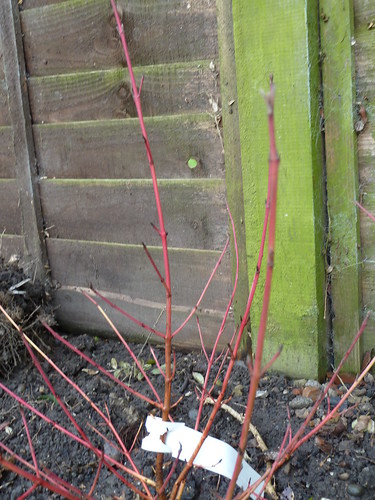
(not the world's greatest photograph)
My other big garden excitement is a compost bin. Never did I think I would get so excited by compost! Shortly after Christmas my dad arrived at the door with a mystery piece of plastic - which turned out to be the hatch cover for the compost bin and an early birthday present. He completed the present with a bagful of his compost, complete with worms, to get me started.
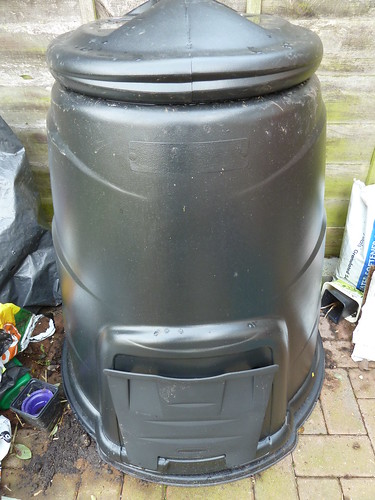
Hopefully there will be more to show next month and hopefully I can keep up giving updates on the garden. I think, I hope, I will become a gardener, being outside, absorbed in a task, is so good for my mental well-being, even if I can only do it for five, ten or at most twenty minutes at a time.
